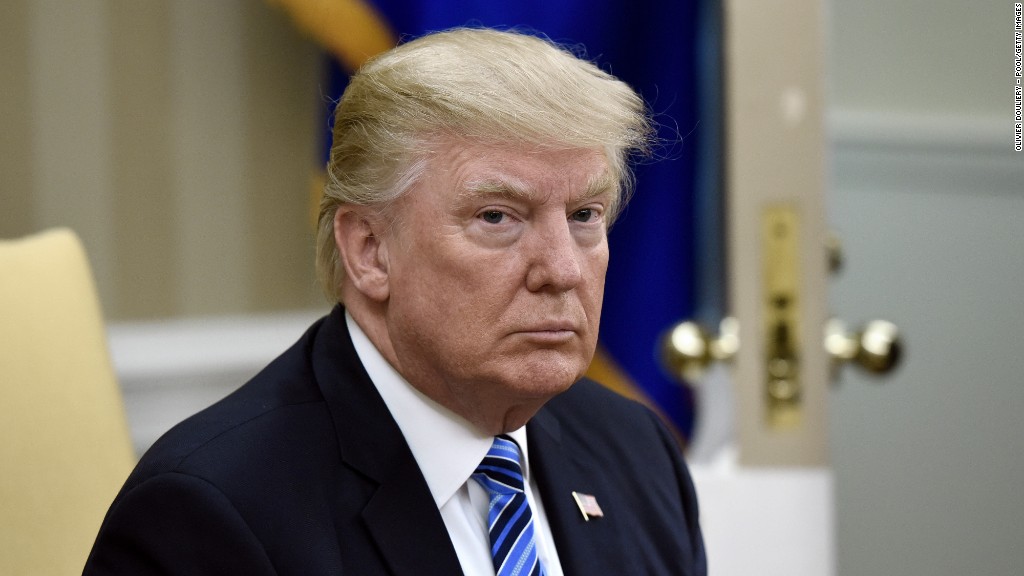As the U.S. presidential election gets underway, the potential re-election of Donald Trump could have a significant impact on China’s economic policies, particularly in the realm of trade.
A recent report by Barclays suggests that a Trump return to office could escalate U.S.-China tensions, potentially reigniting a full-scale trade war. In response to the expected economic shock, Beijing may be compelled to introduce a substantial stimulus package to mitigate the effects on its economy.
In its analysis, Barclays projects that a Trump presidency could force China into drastic measures. The report notes that top Chinese leaders are considering an extensive economic stimulus package, expected to be discussed during the ongoing National People’s Congress (NPC) Standing Committee meeting, set to conclude on November 8. The outcome of this meeting is anticipated to reveal specifics of the stimulus, marking China’s preemptive response to possible intensification in U.S. tariffs and trade restrictions under a renewed Trump administration.
Chinese leaders are closely observing the U.S. election due to its potential impact on tariffs and trade policies. The Barclays report underscores that China’s NPC meeting this week, alongside key events like the December Central Economic Work Conference and the March NPC session, could introduce further economic measures in reaction to U.S. policy shifts.
Financial analysts are keenly watching how China plans to finance the anticipated stimulus. Barclays suggests a blend of special treasury bonds and local government bonds could serve as core funding channels, shaping the overall impact on China’s economy and financial markets. The base case scenario outlined in the report envisions a three-year debt swap program amounting to CNY6 trillion, partially financed by special treasury bonds, signaling a strategic approach to cushioning the economy from potential trade fallout.
Additional fiscal support is expected to reach around CNY2 trillion, with allocations of CNY1 trillion for bank capitalization through special treasury bonds and another CNY1 trillion directed toward stimulating consumer spending. To accommodate this expanded fiscal effort, China may also adjust its economic targets, potentially reducing its 2025 GDP growth target to 4.5% and raising the budget deficit ceiling from the current 3% to 4%.
(Inputs from ANI)




















